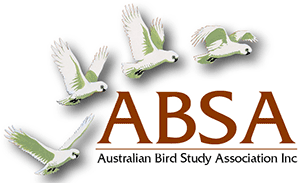The honorary editor and sub-editors of Corella try to follow the Committee on Publication Ethics (COPE) Code of Conduct and Best Practice Guidelines for Journal Editors in seeking to ensure that the journal is managed ethically and with integrity. The code and guidelines are too extensive to summarise here; readers are encouraged to consult them directly, as they are freely available via the internet. Three important aspects of the guidelines are that: (1) the editor’s decision to accept or reject a paper for publication is based only on the paper’s importance, originality and clarity, and the study’s validity and relevance to the remit of the journal, as judged by the reviewers, (2) the editor should require reviewers to disclose any potential competing interests before agreeing to review a submission, and (3) editors have a duty to act if they suspect research malpractice (e.g. plagiarism or deliberate falsification of data) or if an allegation of misconduct is brought to their notice.
Authors
Authors are also expected to follow best ethical practice when submitting the results of their research to Corella. Important guidelines are that: (1) work must be original and honestly and accurately reported; all persons who have made a significant contribution to the research must be acknowledged, (2) all authors must agree to the submission of a jointly-authored paper and to all subsequent revisions of the paper, (3) anyone included as an author must have made a substantial contribution to the work and must accept responsibility for all aspects of it, and (4) submitted material should not be under consideration for publication by any other journal.
Reviewers
Reviewers have an obligation to conduct their reviews in an ethical, responsible and confidential manner. A key guideline is that when approached to review, a referee should agree only if he/she possesses the relevant expertise to assess the manuscript and can make an unbiased evaluation. It is also good practice to respond to an invitation to review within a reasonable time, even if you are unable to undertake the review; if you feel qualified to judge a manuscript, agree to review it only if you can complete your review within the proposed or a mutually agreed time-frame. Inform the editor promptly if your circumstances change such that you cannot fulfil your original agreement or you require a time extension. If you cannot accept the invitation to review, it is often helpful to the editor if you suggest suitable alternative reviewers.
